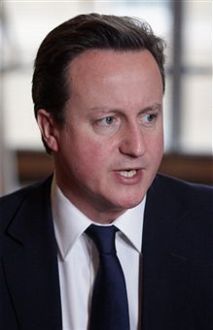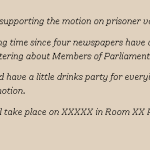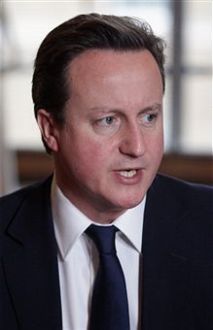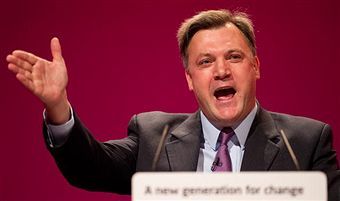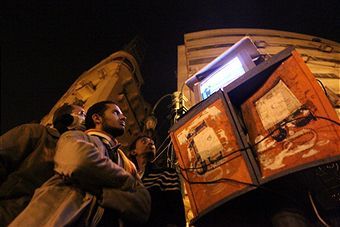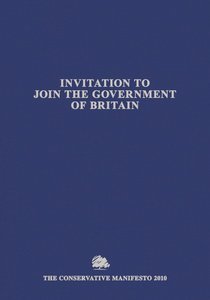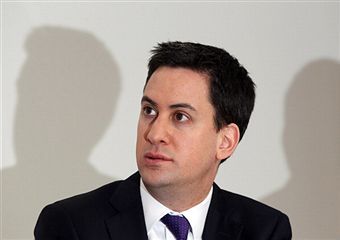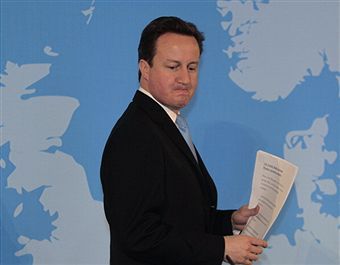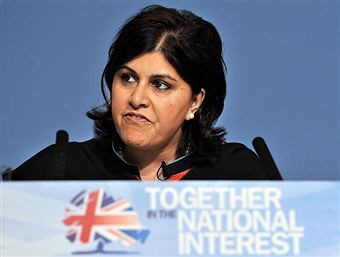Defining the BS
Of all the broadcast hours devoted to the Big Society, only one discussion has made me think that the whole thing is not completely doomed. Channel4’s 10 O’Clock Live show, staged last Thursday. It’s up on YouTube now (34 mins in). The comedian David Mitchell kicked off. “The clearest thing anyone can say about Big Society is that it’s the opposite of Big Government,” he said. Now, I haven’t heard anyone not paid by the Conservative Party say anything as clear (or as positive) about the BS. But, then again, neither Phillip Blond (who has built a think tank from the success of his Red Tory theme) nor Shaun Bailey
